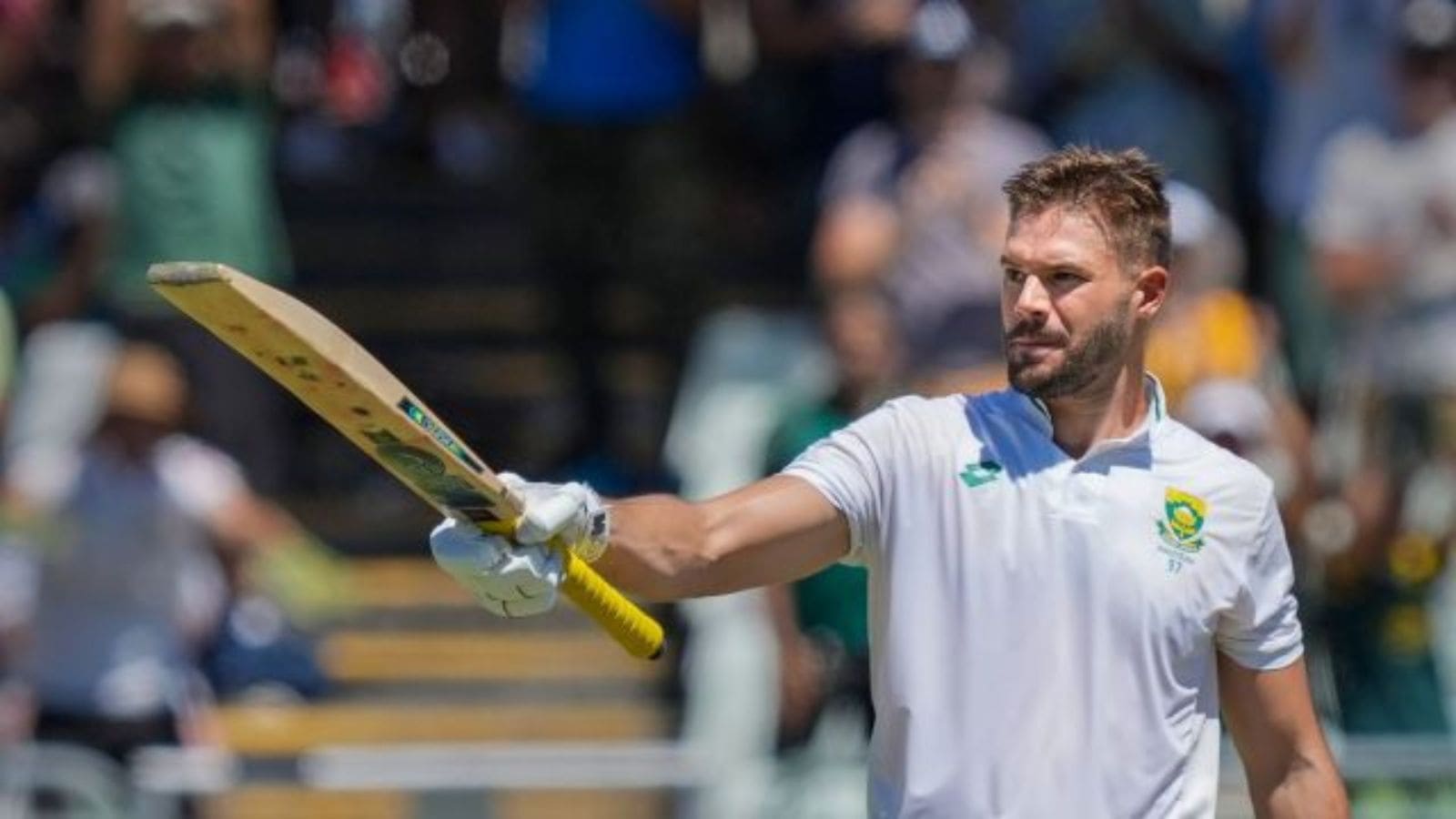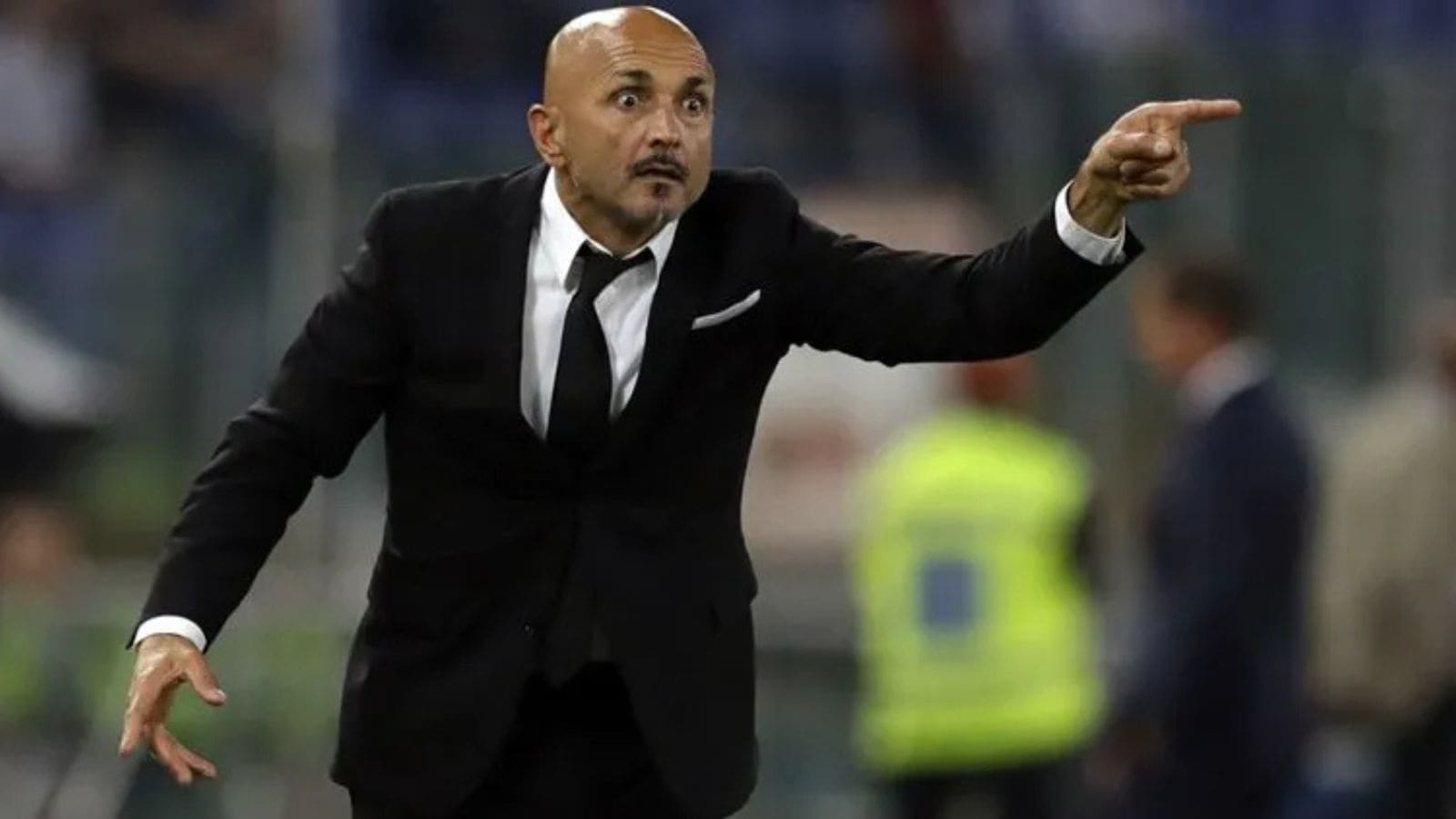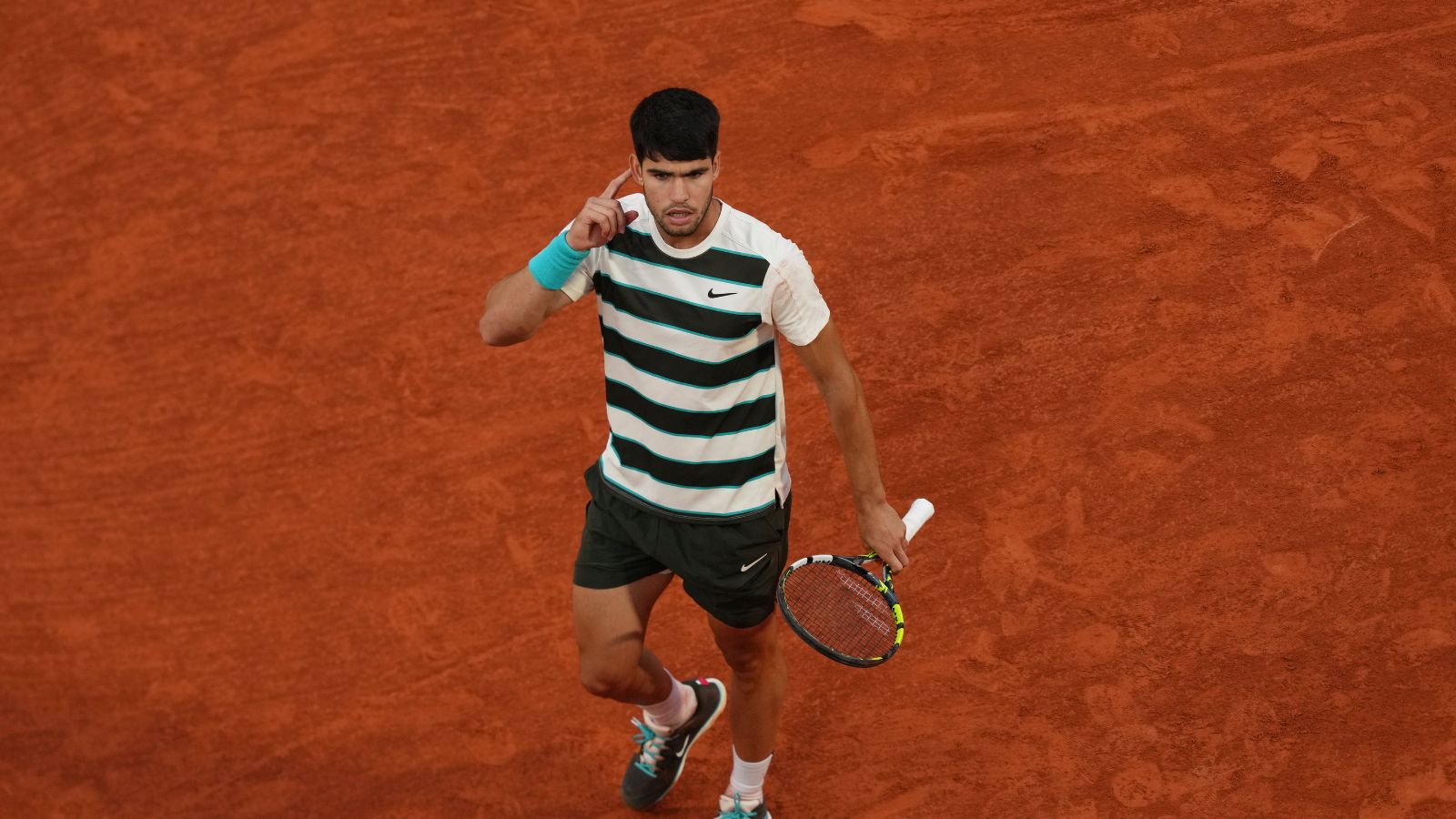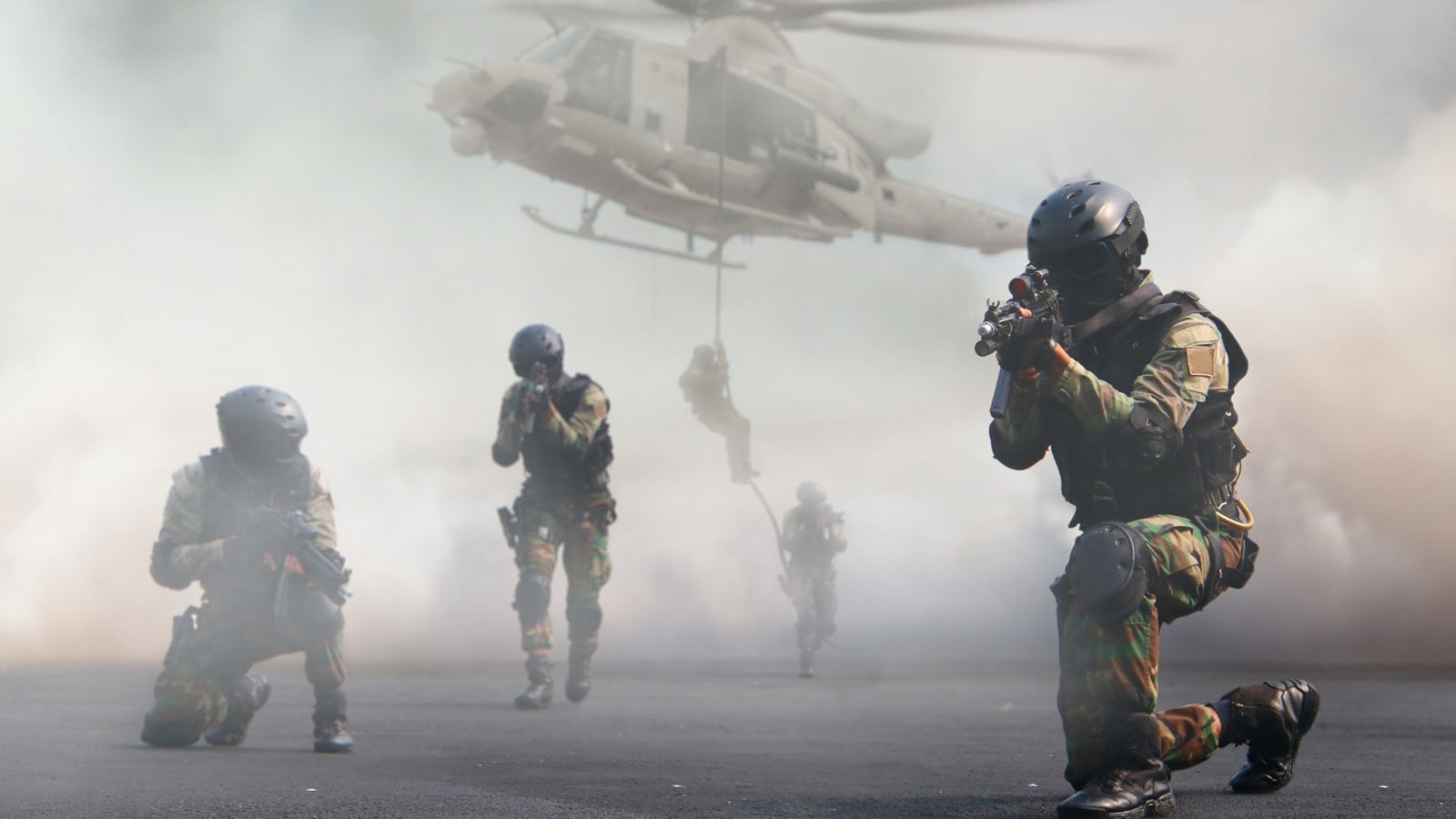ARTICLE AD BOX
The Delhi Chess Association (DCA) was on tenterhooks as the venue for India’s largest chess event – the Delhi International Open Grandmasters Chess Tournament, featuring one of the largest gatherings in the sport (2,400 players) – was hosting a wedding that continued well past midnight on Friday, the eve of the first round.
However, once the DCA was granted access to the playing hall – at 1:30 AM on Saturday – volunteers worked through the night to ensure an on-time start at 9:30 AM at Chhatarpur’s Tivoli Gardens Resort in southwest Delhi.
Everything fell into place, just like at an Indian wedding.
With 32,000 chess pieces, 1,000 boards, as many clocks, stacks of scoresheets, thousands of pens, an army of volunteers and arbiters, the open event is by no means a small affair.
“You have to consider the financial aspect,” says Gopakumar Sudhakaran, the man behind the staging of the event. “Securing a hall in one of Delhi’s finest resorts isn’t cheap. Even one extra day would’ve blown the budget. From the outside, it may seem like a lack of planning, but we knew we’d pull it off.”

 Delhi Open event. Credit: Mayank
Delhi Open event. Credit: Mayank
“Once we got the hall, volunteers scrambled to set up backdrop panels, sponsor branding, and additional lighting — the existing set-up wasn’t enough. Then came arranging tables, chairs, chess boards, pieces, and scoresheets — all coordinated by the DCA,” Sudhakaran tells The Indian Express.
After the record-breaking 17th edition of Delhi Open, which featured 2,800 players, this year’s event marks a resurgence in participation post-pandemic, following last year’s turnout of less than 1,000 players.
Story continues below this ad
The players, divided into three categories based on ratings, are mostly accompanied by parents and other family members, creating a massive human footprint for the seven-day Delhi GM Open.
Yet, when the first round began sharply at 9:30 AM, right on time, everything was in place.
Inside the playing venue — two separate halls for Category A and B — the chaos was oddly synchronised. A long queue of players split the smaller hall — where top players like SL Narayanan, Abhijeet Gupta, Levan Pantsulaia, and Manuel Petrosyan were competing — into two equal halves, as they shuffled between the facilities, coffee stalls and water stations. The arbiters, unperturbed by the chatter, efficiently assisted players ranging in age from 7 to 80.
But what does it take to host an open chess event in India?
“A lot of things,” says Sudhakaran.
Story continues below this ad
Different kettle of fish
How hard could it be to manage a group of players in an indoor sport, compared to handling a large-scale outdoor sporting event?
A familiar name on the chess circuit, Sudhakaran wears multiple hats at open and invitational events, not just across India, but globally. The first Indian appointed as Deputy Chief Arbiter at the 44th Chess Olympiad and a fair-play officer at multiple World Championships – including the 2023 title clash between Ian Nepomniachtchi and Ding Liren – he brings vast experience to the table.
“Unlike invitational events, which are smaller, we can’t announce open tournament dates a year in advance,” Sudhakaran explains. “We must account for numerous factors. To accommodate so many players, we need a large, suitable venue. That’s where it all begins, selecting a space based on expected entries.”
“We estimated around 2,000 to 2,200 players for this event, considering past trends and ongoing tournaments in India,” he says.
Story continues below this ad
Sudhakaran was entrusted with ensuring the smooth conduct of the Delhi GM Open — a responsibility spanning everything from releasing event details and inviting players to negotiate appearance fees, booking flights, arranging stays, accommodating special requests, and even managing last-minute withdrawals (including refund demands for no-shows).
 Delhi Open event. Credit: Mayank
Delhi Open event. Credit: Mayank
“Organising a tournament of this scale requires months of detailed planning, coordination, and complete dedication. It involves more than just managing logistics,” says Bharat Singh Chauhan, DCA president and chairman of the organising committee.
Unlike Open events in Bengaluru, Chennai, Mumbai and Kottayam – which face fewer logistical challenges due to limited entries – the Delhi Open stands apart in scale and significance. The tournament has served as a historic milestone for many players, most notably when current World Champion D Gukesh earned his final GM norm here in 2019, becoming one of the youngest Grandmasters in the game.
International Arbiter and former interim AICF Secretary Vipnesh Bhardwaj explains the tournament’s appeal: “Everyone waits for the Delhi Open — it’s the most anticipated event for players. Delhi’s geographical location makes it easily accessible, with all transport options available. Add to that good organisation, which takes care of everything, and of course, the legacy of the event.”
Story continues below this ad
According to Sudhakaran, when a tournament of this scale begins on schedule, half the battle is already won.
So what’s next on his priority list?
“A good night’s sleep – first and foremost,” he chuckles.



.png)
.png)
.png)

























 English (US) ·
English (US) ·